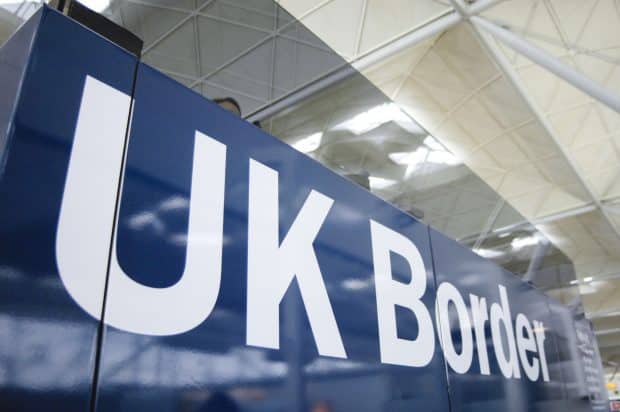
Home Office says updated guidance enables case-by-case assessments; campaigners warn of continued risks in Syria
The UK government has announced that it will resume processing asylum applications from Syrian nationals, more than seven months after the procedure was paused following the fall of President Bashar al-Assad’s regime in December 2024.
The announcement was made by Asylum Minister Dame Angela Eagle, who stated that the Home Office had “worked to lift the pause as soon as there was sufficient information to make accurate and well-evidenced determinations.”
According to the Home Office, the updated guidance allows asylum officers to assess individual cases based on current conditions in Syria. The policy change means that both new and pending claims can now be processed, and returns to Syria could begin as early as the end of 2025, according to government sources.
The decision ends a period of uncertainty for over 7,000 Syrian asylum seekers living in the UK, many of whom have been in temporary accommodation, including hotels, while awaiting a resolution to their cases.
The pause also affected Syrians who had already been granted temporary refugee status and were eligible to apply for permanent settlement after five years.
Charities and advocacy groups have welcomed the decision to resume processing but cautioned against generalizing the situation in Syria.
“The pause in decision-making left Syrian people trapped in limbo, unable to work or move on with their lives,” said Enver Solomon, CEO of the Refugee Council. “However, the situation in Syria remains highly volatile. Each case must be assessed carefully to ensure individuals are not returned to danger.”
The new Home Office guidance states that general instability, armed conflict, or a breakdown of law and order are not in themselves sufficient grounds for asylum. It emphasizes that claimants must demonstrate a personal risk of persecution or serious harm.
The guidance outlines different risk levels based on ethnic, religious, and political identity:
The policy shift comes in the context of a broader reevaluation of Syria’s international status. HTS (Hayat Tahrir al-Sham), an Islamist group designated as a terrorist organization by the UK, now holds de facto power in the country, with its leader Ahmad al-Sharaa serving as interim president.
Earlier this month, Foreign Secretary David Lammy became the first UK minister to visit Syria since the 2011 uprising, meeting with Syria’s interim leadership. This visit was followed by a gradual easing of sanctions and an internal reassessment of diplomatic and migration policies related to Syria.
European countries have also begun to reevaluate their approach. Austria became the first EU member to deport an individual to Syria post-Assad, while others have updated asylum procedures. UK officials reportedly expressed concern that failing to do the same would make the UK a more attractive destination for Syrian migrants.
The Home Office maintains that all claims will continue to be assessed individually, and decisions will be made in accordance with the 1951 UN Refugee Convention, which requires evidence of a “well-founded fear of persecution.”